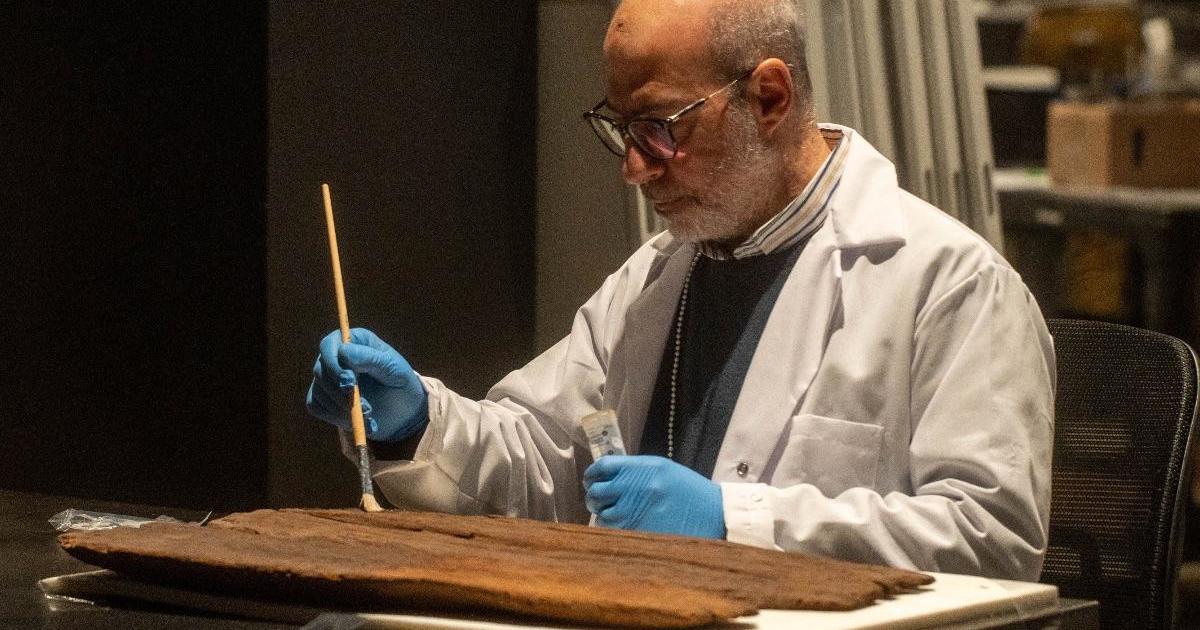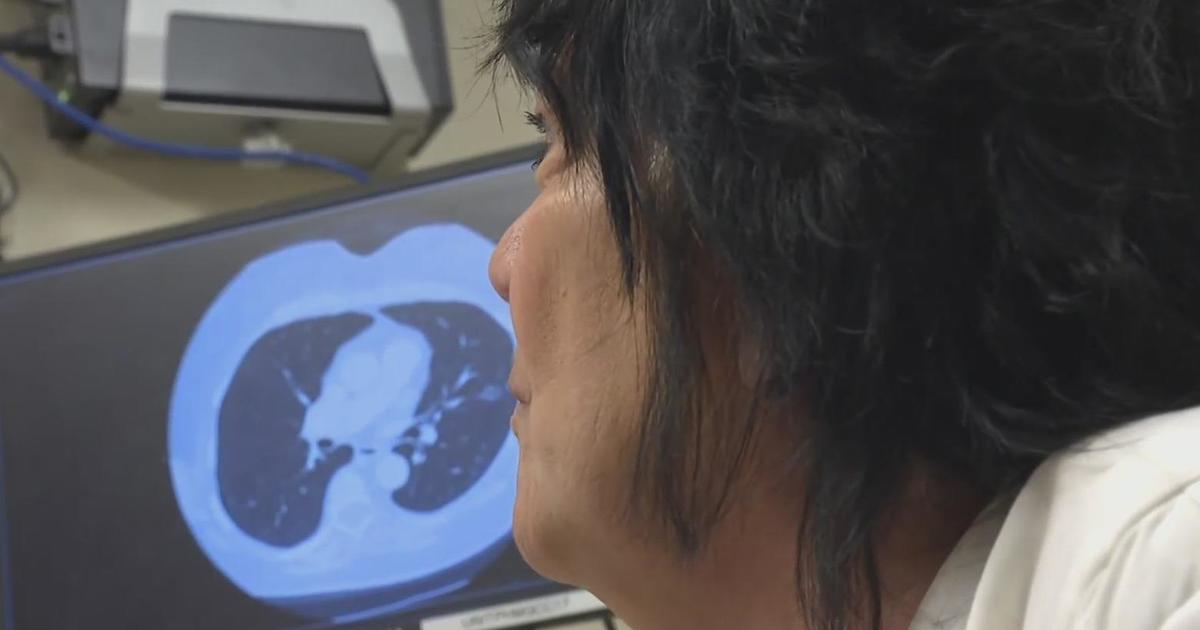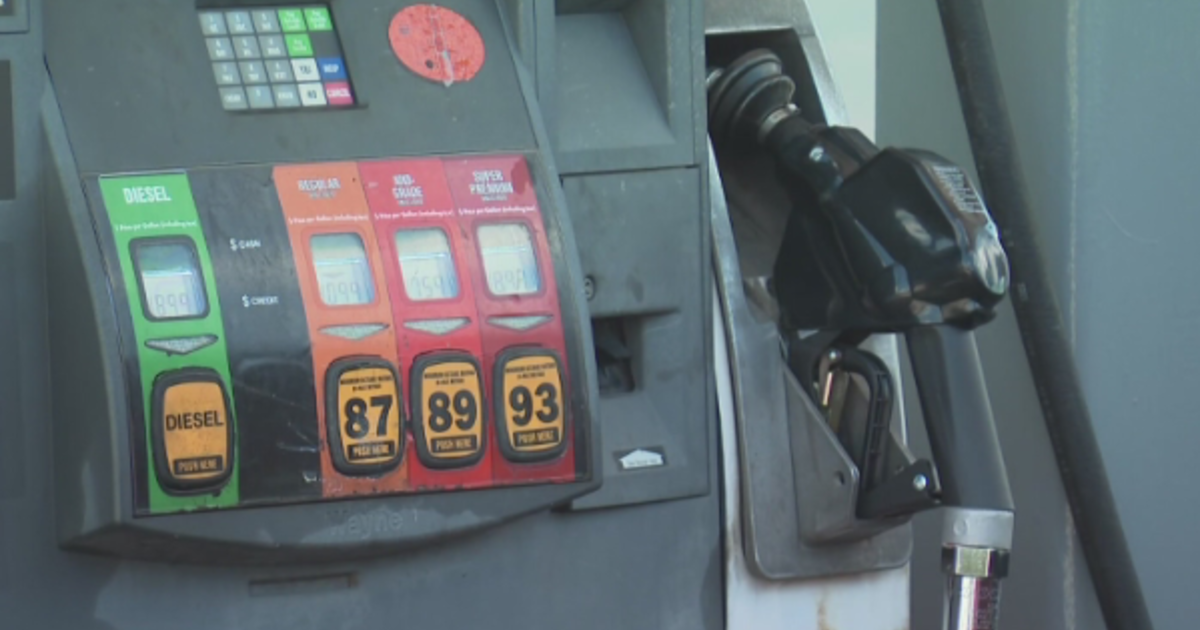New HeartFlow Test Helping To Diagnose, Treat Heart Disease
Follow KDKA-TV: Facebook | Twitter
PITTSBURGH (KDKA) -- Heart disease can sometimes be difficult to diagnose, especially if a stress test comes back normal, but a new test is helping to change that.
"I'd always refer to them as episodes or spells," said patient Karen McCarthy.
McCarthy had shortness of breath and chest tightness radiating to the left arm and jaw. And she had a strong family history of heart disease, her father had a triple bypass at age 49, and seven of his 12 siblings died young of heart disease.
"Even though I was a young woman, they would bring me in, and I've had numerous stress tests, echocardiograms, and things of that nature over the years. They would say everything is normal, and you'd go on your way. Sometimes I could go years without one of these episodes."
But heart disease was always on her mind, especially after her husband died suddenly of a heart attack at age 47, even after a normal stress test.
"My children already lost one parent to heart disease, and I didn't want them to lose another," she said.
"There are instances when the stress test may be normal, but maybe the patient continues to have symptoms," says Dr. Moneal Shah, a cardiologist at AHN. "You still feel concern enough to say, well maybe we should do another test."
The next step would usually be a heart cath, with tubes and wires threaded up through the vessels to the heart to assess blockages, with a small risk of complications, such as heart attack or stroke. But, in many cases, it's a lot of invasion for little abnormality.
Two-thirds of those patients end up with either normal, or just mild blockages.
In McCarthy's case, her cardiologist recommended a new test called the HeartFlow.
The FDA-cleared technology was part of a pilot program in 2016. With the test performed on 100 patients, Highmark Health says unnecessary caths decreased by more than 83 percent and cut costs by an average of 45 percent per patient.
The HeartFlow is a special kind of CT scan of the heart. It analyzes something called fractional flow reserve. The doctors send the CT images to a company in California for a special computer program.
"They take our CAT scan images, and they can analyze it to identify like if the flow is normal through those arteries, or is the flow being affected by the blockages," says Dr. Shah.
If flow is normal, the patient won't have to get a cath. If the flow is below 80 percent, the situation becomes urgent.
"He said, 'We got the results back, and you have a significant blockage, we need to send you to the cath lab.' I really wasn't expecting that result, but it was anywhere between 80-90 percent blockage. I was basically a walking time bomb," Karen got the call on a Friday. She was in the cath lab the following Tueday, and had a stent placed.
She also had her children checked and followed by a cardiologist.
She is glad her doctor persisted, despite all the normal heartbeat, ultrasound, and cholesterol tests.
"Those are the results you want to hear. You want to hear that you're normal, you want to hear that you don't have a problem, and so you're like, well this is great. This is wonderful. And so you don't really pursue that next step, Because you think everything is good,"McCarthy said. "He did push this, and we did go this next step, I truly believe it saved my life. If I can have these types of issues with my heart at this age, you know, anyone can."



